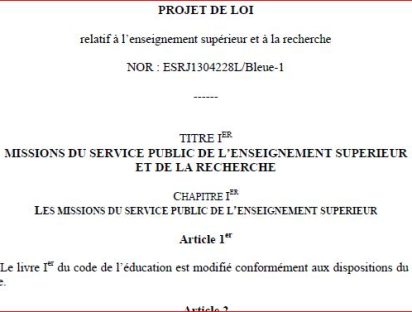
1.
The expression “playing for time” is inspired by sport. It typically applies to a situation where this type of strategy is a way to achieve victory. It means “postponing acting by calculation, taking all the time, hanging around without effective action and without taking risks, while waiting for the end of the match that will consecrate the acquired advantage” (3). We don’t play for time to lose, but to win. This corresponds to the meaning of the expression “run out the clock,” used in basketball and American football, which means “to maintain control of the ball in the closing minutes of a game.” The expression may be confused with one of the meanings of the “gaining time” formula. This is similar to the meaning of “temporising,” that is, “delaying the moment to act until a more favourable moment,” with the difference that, during a sporting event, it is not a question of waiting for a “more favourable moment,” only for the end of the game. The title of Les Echos reproduced above – “The Ghosn affair: Playing for time is a high-risk attitude for Renault” – seems to use the expression “playing for time” in the sense of “gaining time.” It is therefore worthwhile to continue the analysis.
2.
The English expression “playing for time” corresponds to the meaning of “temporising:” “to try to make something happen later instead of sooner: to try to delay something” (4). With this type of option, it is hoped that the situation will resolve itself or that more time will be available to make a decision – which is consistent with the goal of the “gaining time” strategy. The following definition has an additional feature: “to deliberately delay doing something, or to do it more slowly than usual, so that you have more time to decide what to do” (5). Its interest is mainly found in the mention “more slowly than usual.” Indeed, it involves a deviation from a norm of conduct. Based on this definition, it appears that “playing for time” (in the sense of “gaining time”) means:
(i) carrying out action A;
(ii) action A is voluntary and deliberate;
(iii) action A extends the duration of a situation beyond what it should be in the normal course of events;
(iv) this duration giving the opportunity to conduct a new deliberation and perform action B.
The Longman Dictionary of Contemporary English provides an example illustrating this definition: “[He] is a close friend and he tells me that sometimes you have to play for time to solve a problem.” Do points (i) to (iv) correspond to the meaning of “playing for time” in a football match – when, for example, a team took the lead shortly before the end of the match? Yes for points (i), (ii) and (iii). No for point (iv). But this does not detract from the sporting meaning of the expression if we replace “action B” with “state of affairs B” and observe that this final state of affairs is the purpose of action A. The definition of “playing for time” is then as follows:
(i) carrying out action A in order to achieve the state of affairs B (winning the match);
(ii) action A is voluntary and deliberate;
(iii) action A extends the duration of a situation beyond what it should be in the normal course of events.
Here is an example from the Longman Dictionary of Contemporary English: “[He] seems now to be playing for time, hoping to get through January without ferocious clashes with creditors.”
3.
There seems to be no doubt that the supposed fact that the French State and Renault’s Board of Directors have “played for time” for about two months corresponds to the first definition, that including clauses (i) to (iv). One can imagine that this strategy responded at two different times: first, to have the time necessary to understand the facts; then to wait for a certain state of affairs – the “state of affairs B” of the second definition above – like a football team “waiting” for the final whistle to win. What could this “state of affairs B” have been? Possibly the suspension of proceedings against the CEO of Renault or any other state of affairs that we are not able to imagine. In any case, it is intuitively perceived that the strategy of playing the watch could be inherently paradoxical. This question merits further exploration. It will be the subject of the next post. Alain Anquetil (1) « Macron caught off guard as French state missed Nissan mutiny ». (2) See for example « Le gouvernement français demande le remplacement de Carlos Ghosn », La Croix, 17 janvier 2019. (3) Le Guichet du Savoir. (4) Merriam-Webster Dictionary. (5) Macmillan Dictionary. [cite]




